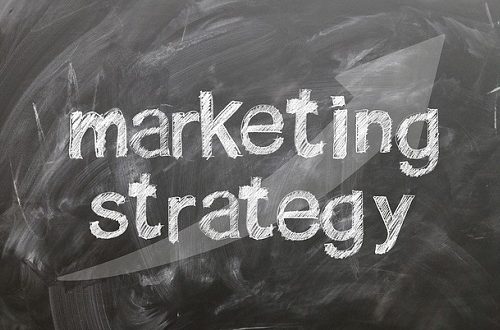The terms marketing and advertising are often confused, they are though quite different. Put simply, Advertising (or Promotion) is just one part of the overall Marketing function. For most of my long career in marketing, I worked for large organisations. In such companies, marketing departments play a key role both helping to define and implement strategies.
Strategic Marketing
Strategic Marketing is the representative of the market (and it's requirements) at the planning level of a business. To be effective, marketers should know everything there is to know about the market an organisation operates in and/or intends to enter including;
- Market size and outlook
- Key players (competitors), their offerings and specifications
- Geographical variations
- Key influencers
- Opportunities and Threats
- Competitive landscape (specifications and pricing)
- Vision of the markets future
They will play a key role in defining future product requirements and in many cases, justifying the investment with justifiable sales projections. The function requires expertise in analysing data, experience in the market and a lot of time and money spent on research.
Product introductions and phase outs are key parts of the marketing function, involving interactions across a business. Getting it wrong can result in supply interruptions, wasted stock and/or loss of reputation or market share.
The Marketing Plan
Marketing textbooks often refer to the "Four Ps"
- Product - What is on offer
- Place - How it is going to reach the market and tactics
- Promotion - How it is going to be promoted and advertised
- Price - What it will be sold for, discount and rebate models
The Marketing Plan is where, all of the marketing departments efforts are documented, ready for release to the market, usually through the sales organisations. All of the Four Ps should be covered together with training and other pre-release requirements. The plan will also detail phase out strategies.
Promotion
Here we answer the initial question. Advertising is part of Promotion. It is therefore just one part, albeit an important and probably, the most expensive part of the overall marketing strategy.
Promotion from a marketing perspective covers more than advertising. It includes;
- Targeting strategy
- Timing
- Online presence (Websites, Social Media, SEO, PPC)
- PR (Public Relations)
- Advertising
- Printed matter (brochures etc.)
- Exhibitions and Conferences
These functions are often referred to as Marketing Communications or Marcom.
Marketing for a small business
Few smaller businesses can justify a broadly skilled marketing team, lessons though can and should be learnt from larger concerns. Crucially, there should be a strategy covering what is on offer, its price and an understanding of who will buy it. Only when the latter point is known, can advertising or other types of promotion, be effectively placed.
If you don't have the skills in house, work with a local agency. A good agency will pay for itself by reducing wasted advertising spend.
 B2B-Club Connecting SME's Nationwide
B2B-Club Connecting SME's Nationwide


